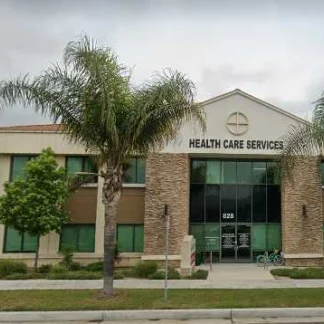Ventura County Behavioral Health
Fillmore, California, 828 West Ventura street, Suite 250, 93015
Available Programs
- Adolescence program
- Adult program
- HIV/AIDS program
- Program for men
- Program for women
- Young adult program
Insurance and Financial
- Medicaid
- Private insurance
- Self-pay options
- Financial aid
- Financing available
- Sliding scale payment assistance
- Military insurance
- Medicare
About this Facility
Ventura County Behavioral Health is a mental health and substance abuse treatment center in Fillmore, California, near Willow Creek. They strive to provide a full continuum of care to clients seeking recovery. They serve clients of all ages.
Staff recognize that addiction affects people from all backgrounds, cultures, and professions, and so address each client as an individual with individualized treatment. Services are offered at a low cost, with clients under 18 receiving free treatment. Services offered include:
Separate outpatient programs are available to adults and clients under age 18. Clients can visit the facility on a regular schedule to receive treatment or meet with their care team elsewhere in the community or at their home. Scheduling is flexible for those with busy schedules.
Outpatient treatment provides a full range of services, including assessments, therapy (individual and group), case management services, interventions, and ongoing testing. The care team will also help clients connect with additional services (such as housing, employment, and additional medical care) to help them improve their quality of life. The goal is to help clients achieve sustainable recovery by showing them how to become effective advocates for themselves and helping them develop coping and life skills.
Clients should always make it a point to confirm their coverage before enrolling in a treatment program, as in-network and out-of-network benefits may
Contact us for more information: (805) 981-1881

Contact Ventura County Behavioral Health
Connect with Ventura County Behavioral Health by calling their admissions team directly.
(805) 981-1881 Website Get Directions